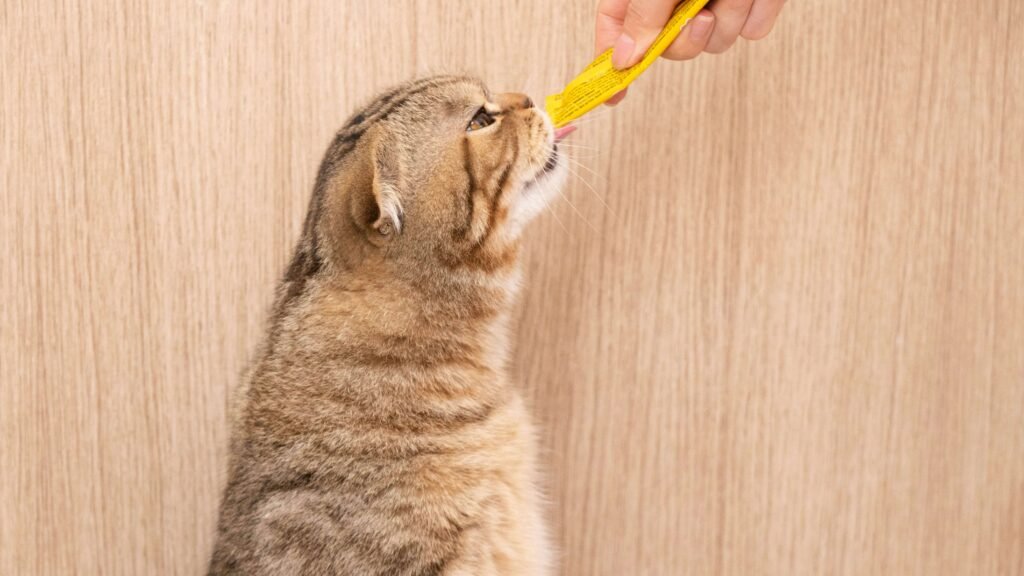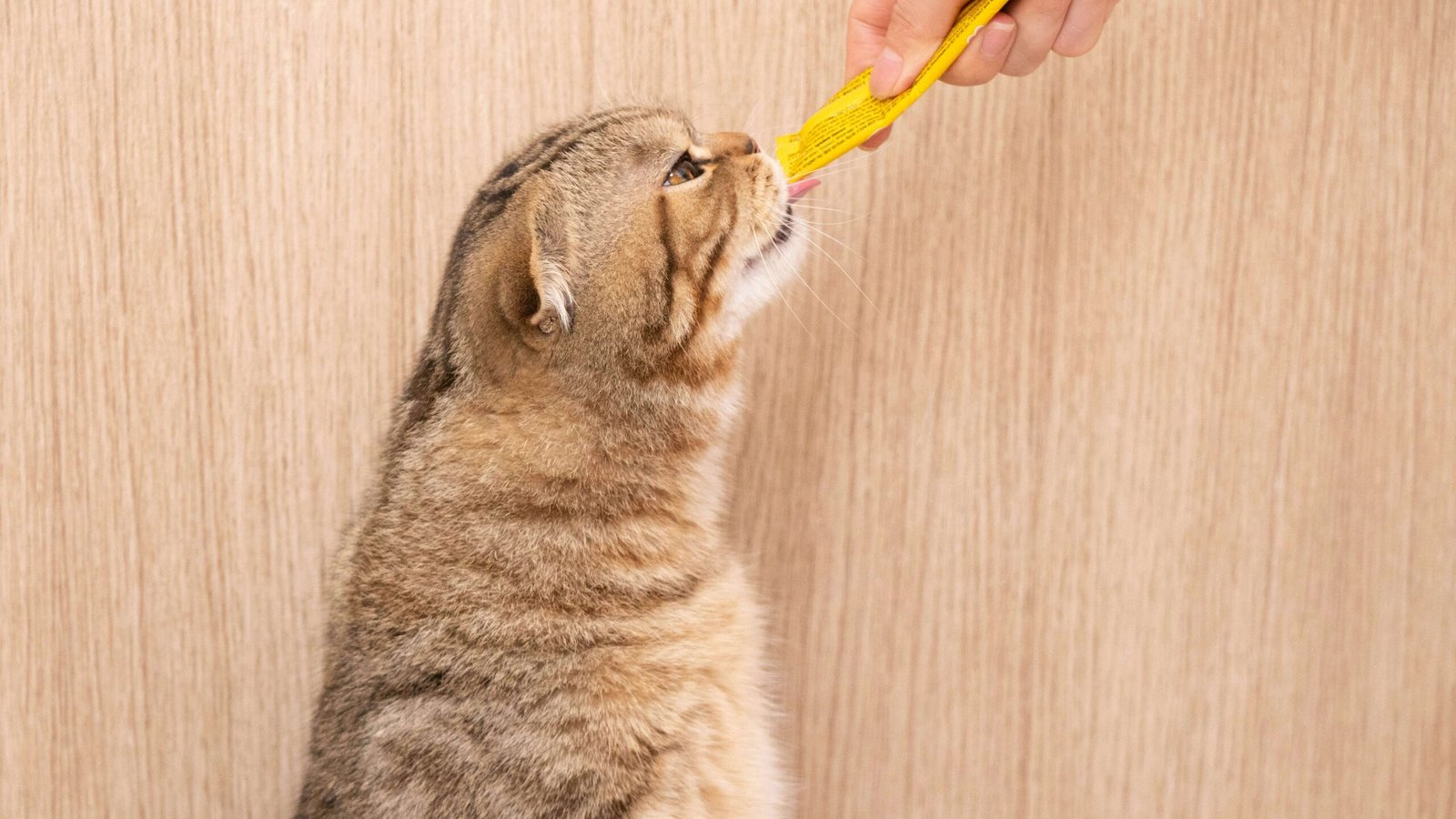Can Cats Eat Raw Chicken? What Every Cat Owner Should Know
When it comes to feeding our feline companions, we often find ourselves wondering about the best diet to keep them happy and healthy. One question that frequently arises is whether cats can eat raw chicken. After all, cats are obligate carnivores, meaning their bodies thrive on a meat-based diet. But does this mean raw chicken is safe or even beneficial for them? With so much conflicting information online, it’s essential to separate fact from fiction. In this blog post, we’ll explore everything you need to know about feeding raw chicken to your cat, including potential benefits, risks, and expert advice to help you make an informed decision.
Is Raw Chicken Safe for Cats? Key Considerations
Before introducing raw chicken into your cat’s diet, there are several important factors to consider. While raw feeding has gained popularity among pet owners, it’s crucial to understand both the pros and cons. Here are some key points to keep in mind:
Natural Instincts: Cats are naturally inclined to eat raw meat, as they would in the wild.
Nutritional Value: Raw chicken can provide essential nutrients like protein and amino acids that support muscle development and overall health.
Risk of Bacteria: Raw chicken may contain harmful bacteria such as Salmonella or E. coli, which could pose health risks to both cats and humans.
Parasites: Uncooked meat can also harbor parasites, which might lead to infections if not handled properly.
Dental Health: Chewing on raw meat can help reduce tartar buildup and promote dental hygiene.
In conclusion, while raw chicken offers certain nutritional benefits, it’s vital to weigh these against potential health hazards before making a decision.
Potential Benefits of Feeding Raw Chicken to Your Cat
If you’re considering adding raw chicken to your cat’s diet, it’s worth exploring the possible advantages. Many pet owners report positive changes in their cats after switching to a raw food regimen. Below are some notable benefits:
Improved Digestion: Raw diets are easier for cats to digest compared to processed kibble.
Shinier Coat: The high-fat content in raw chicken can contribute to a glossy, healthy coat.
Increased Energy Levels: A nutrient-rich diet may result in higher energy levels and improved vitality.
Weight Management: Raw feeding allows for better portion control, helping prevent obesity.
Reduced Allergies: Some cats experience fewer allergic reactions when fed a raw diet free from additives.
While these benefits sound promising, remember that every cat is unique, and what works for one may not work for another.
Check this guide 👉Can Cats Eat Avocado? Best 7 Expert Tips!
Check this guide 👉Can Cats Eat Pineapple? Best 7 Expert Tips!
Check this guide 👉Can Cats Eat Pork? Best 7 Health Tips!

Advantages of Raw Chicken | Disadvantages of Raw Chicken |
|---|---|
High-quality protein source | Risk of bacterial contamination |
Supports dental health | Potential parasite exposure |
Promotes shiny coat | Requires careful preparation |
Boosts energy levels | Not suitable for all cats |
May reduce allergies | Limited scientific evidence |
How to Safely Prepare Raw Chicken for Your Cat
If you decide to feed your cat raw chicken, proper preparation is key to minimizing risks. Follow these steps to ensure your pet enjoys a safe and nutritious meal:
Source Quality Meat: Always choose fresh, high-quality chicken from reputable suppliers.
Freeze Before Use: Freezing raw chicken at -4°F (-20°C) for at least 72 hours can kill most parasites.
Thorough Cleaning: Wash your hands, utensils, and surfaces thoroughly after handling raw chicken.
Serve in Moderation: Introduce raw chicken gradually and monitor your cat’s reaction.
Avoid Seasonings: Never add salt, spices, or marinades, as these can be toxic to cats.
By following these guidelines, you can minimize potential risks while providing your cat with a wholesome diet.
Alternatives to Raw Chicken for Your Feline Friend
If you’re hesitant about feeding raw chicken, there are other options to meet your cat’s dietary needs. These alternatives offer similar nutritional benefits without the associated risks:
Cooked Chicken: Lightly cooked, unseasoned chicken is a safer option that retains much of its nutritional value.
High-Quality Wet Food: Commercial wet foods formulated for cats often mimic the moisture and protein content of raw meat.
Balanced Homemade Meals: Preparing balanced homemade meals under veterinary guidance ensures your cat gets all necessary nutrients.
Freeze-Dried Raw Food: Freeze-dried options provide the benefits of raw feeding without the risk of bacterial contamination.
Specialized Diets: Prescription diets tailored to your cat’s specific health needs can be an excellent alternative.
Exploring these alternatives can help you find a solution that works best for your cat’s unique requirements.
Common Misconceptions About Feeding Raw Chicken to Cats
There are several misconceptions surrounding the topic of feeding raw chicken to cats. While some pet owners swear by it, others remain skeptical due to myths or misinformation. Let’s address some common misunderstandings:
Myth: Raw chicken is always dangerous for cats.
Reality: When prepared correctly, raw chicken can be a safe and nutritious part of a cat’s diet.
Myth: Cats will instinctively know how much raw chicken to eat.
Reality: Overeating raw chicken can lead to nutritional imbalances, so portion control is still necessary.
Myth: Raw chicken eliminates the need for supplements.
Reality: A raw diet often lacks essential nutrients like taurine and vitamins, which may require supplementation.
By debunking these misconceptions, we can better understand the realities of feeding raw chicken to cats and make more informed decisions.
Signs Your Cat May Benefit from Raw Chicken
Some cats thrive on raw diets, showing noticeable improvements in their overall health. If you’re considering introducing raw chicken into your cat’s meals, look for these signs that your feline companion might benefit:
Dull Coat: A lackluster coat could indicate a need for higher-quality protein and fats found in raw chicken.
Low Energy Levels: Cats that seem lethargic might gain vitality from nutrient-dense raw food.
Digestive Issues: Chronic diarrhea or constipation may improve with a more natural, easily digestible diet.
Weight Problems: Cats struggling with obesity or being underweight might achieve a healthier balance with raw feeding.
Food Allergies: Switching to raw chicken could alleviate symptoms caused by processed foods or additives.
If your cat exhibits any of these signs, raw chicken might be worth exploring—but always consult your vet first.
Tips for Transitioning Your Cat to Raw Chicken
Transitioning your cat to a raw diet requires patience and careful planning. Sudden changes can upset their digestive system, so take it step by step. Here are some tips to guide you through the process:
Start Slowly: Mix small amounts of raw chicken with their regular food to allow time for adjustment.
Monitor Reactions: Watch for any adverse reactions, such as vomiting or diarrhea, during the transition period.
Maintain Balance: Ensure your cat’s diet includes all essential nutrients by incorporating other ingredients or supplements.
Stay Consistent: Gradual exposure over several weeks helps your cat adapt without stress or discomfort.
Consult a Professional: Seek advice from a veterinarian or a pet nutritionist to create a balanced meal plan.
A thoughtful approach to transitioning ensures your cat enjoys the potential benefits of raw chicken while minimizing risks.
Frequently Asked Questions About Feeding Raw Chicken to Cats
Can kittens eat raw chicken?
Kittens have sensitive digestive systems, so it’s generally recommended to avoid feeding them raw chicken until they’re older.
How often should I feed my cat raw chicken?
If you choose to feed raw chicken, do so sparingly and always balance it with other nutrients to avoid deficiencies.
Does raw chicken cause worms in cats?
Yes, improperly prepared raw chicken can expose cats to parasites, but freezing it beforehand can significantly reduce this risk.
Can raw chicken replace commercial cat food entirely?
No, a well-balanced diet requires more than just raw chicken. Consult a veterinarian to ensure your cat’s nutritional needs are met.
What signs indicate my cat isn’t tolerating raw chicken well?
Look out for symptoms like vomiting, diarrhea, lethargy, or loss of appetite, and consult a vet if these occur.
Final Thoughts: Making the Right Choice for Your Cat
Feeding raw chicken to your cat can be a rewarding experience if done safely and responsibly. However, it’s essential to approach this dietary choice with caution and awareness of the potential risks involved. By understanding the benefits, drawbacks, and alternatives, you can make an informed decision that prioritizes your cat’s health and well-being. Remember, every cat is different, and consulting with a veterinarian is always the best course of action before making significant changes to their diet. Ultimately, providing a balanced, nutritious diet will ensure your feline friend leads a happy, healthy life.
Do Cats Have Taste Buds? Best 7 Expert Tips! – Discover how cats experience flavors and why their taste is so unique.
Do Dogs Have Taste Buds? Best 7 Expert Tips! – Discover how dogs experience taste, their preferences, and what it means for their diet and health.
Can Cats Taste Sweet? Best 7 Expert Tips! – Discover why cats can’t taste sweetness, how it affects their diet, and tips to keep them healthy and happy.
Can Dogs Taste Sweet? Best 7 Expert Tips! – Discover how dogs perceive sweetness, which foods are safe, and tips to manage their sweet cravings responsibly.





